Hyperion | Greek Titan

Hyperion, Hyperion or Hyperion (Greek: Ὑπερίων, transl.: Hyperíōn), in Greek mythology, is one of the titans, sons of Uranus and Gaia. By another version, attributed by Diodorus Siculum to the Cretans, the titans were the sons of one of the curettes with Thytheia, and the name titans is derived from their mother.
From his union with his sister Theia were born Eos, Helios and Selene. According to Diodorus Sicle's interpretation, Hyperion was the first astronomer to study the motion of the sun, moon and stars, and was, for this reason, called the father of these stars.
Also according to Diodorus, the Atlantean legend of the origin of the gods is not very different from the Greek legends. By this legend, Uranus was their first king, and had forty-five children by various wives, eighteen of whom were by his wife Tithia.
Tithia, after she died, was deified as Gaia. Basileia, the eldest daughter of Uranus, succeeded her father when he died and was deified. She was a virgin, but wishing to have heirs, she married her brother Hyperion.
Basileia and Hyperion had two children, Helios and Selene, but Basileia's brothers conspired and murdered Hyperion, and drowned Helios, who was still a child, in the river Eridanus.
Selene committed suicide by throwing herself off a rock. Basileia had a vision, in which Helios told her not to mourn the death of her children, for the titans would receive a fitting punishment, and he had become the Sun and his sister the Moon.
According to Newton, the origin of these Atlantean legends were the priests of Egypt; he identifies Hyperion with Osiris, Helios with Horus, Selene with Bubaste, and the river where Helios was drowned with the river Nile.
The Greeks identified Mithra, a Persian god, with Hyperion or with Phoebus. Ovid mentions that the Persians sacrificed horses to Hyperion, because no slow victim could be sacrificed to a fast god.
